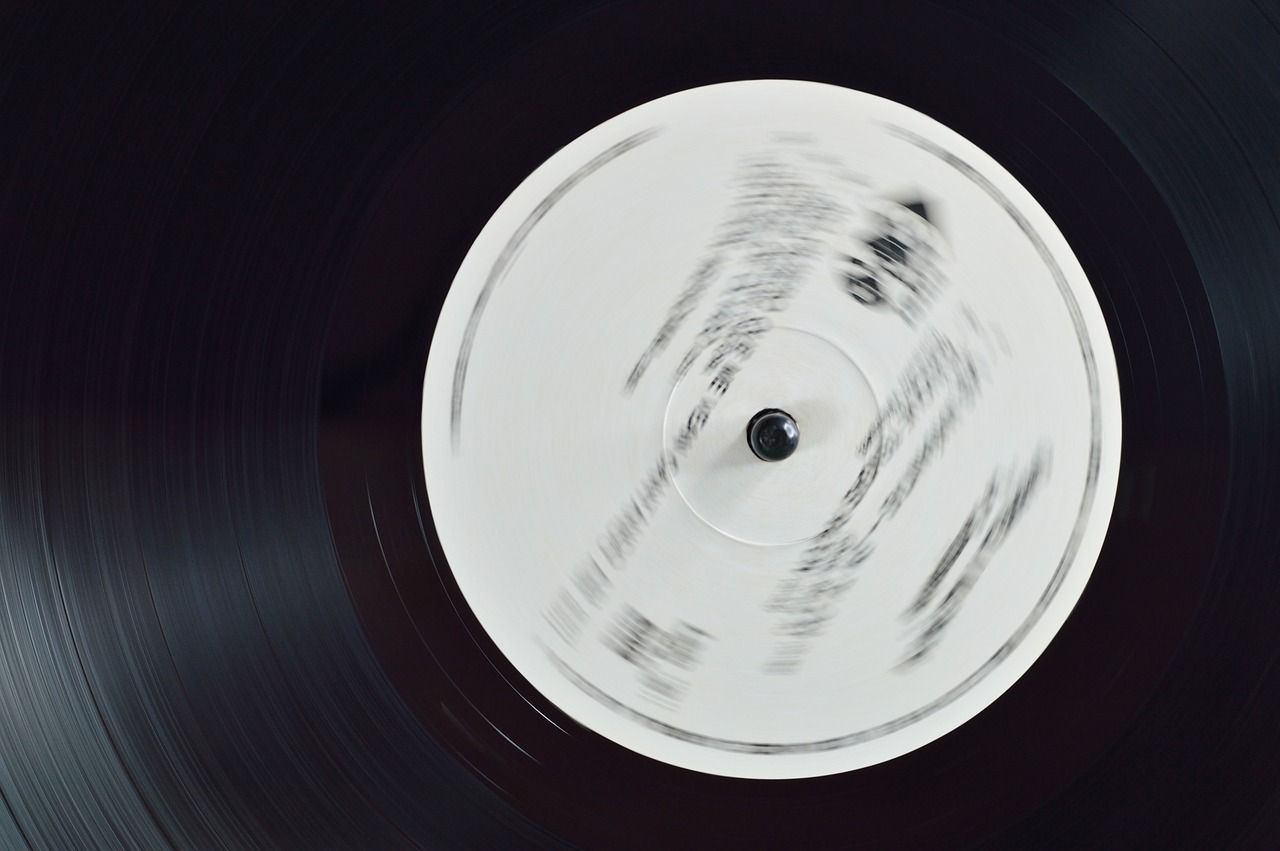German songs have captivated audiences for centuries, bridging the gap between cultures and generations. With a rich history in folk music, opera, and modern pop, the German music industry boasts a unique charm. This melodic tradition provides insights into Germany’s cultural and historical narrative, inviting listeners to explore its linguistic and rhythmic diversity.
Whether you’re a fan of classical compositions by Schubert or mesmerized by the catchy beats of contemporary German pop icons like Helene Fischer, German songs hold something special for everyone. In this article, we’ll take an extensive journey through various genres, eras, and artists, celebrating the depth and influence of German music.
The Roots of German Songs: Folk and Tradition
German folk songs, known as Volkslieder, are an essential part of the nation’s musical heritage. These songs often tell tales of love, nature, and life’s hardships, offering a glimpse into Germany’s past. Famous tunes like “Die Lorelei” and “Der Mond ist Aufgegangen” remain cherished classics.
The melodies of these traditional German songs are typically simple yet deeply evocative, making them easy to sing along to and universally appreciated. The Volkslied movement, popularized in the 18th and 19th centuries, played a pivotal role in preserving these cultural gems.
Classical German Songs: From Lieder to Opera
Germany’s contribution to classical music is monumental, with legendary composers such as Beethoven, Bach, and Brahms shaping the global music landscape. Within this tradition, Lieder (art songs) became a significant genre, marrying poetry with music. Franz Schubert and Robert Schumann are renowned for their Lieder compositions, blending profound lyrics with exquisite melodies.
Operas also hold a prominent place in the repertoire of German songs. Composers like Richard Wagner revolutionized opera with works like Der Ring des Nibelungen, bringing dramatic storytelling and orchestral innovation to the fore.
Modern German Songs: The Pop and Rock Evolution
In the modern era, German songs have expanded into genres like pop, rock, and electronic music. The Neue Deutsche Welle (New German Wave) of the 1980s marked a significant cultural shift, with artists like Nena (“99 Luftballons”) and Falco gaining international fame.
Contemporary German pop is defined by artists like Helene Fischer and Mark Forster, whose tracks dominate the charts. These German songs resonate with younger audiences, blending catchy tunes with relatable lyrics.
The Rise of German Hip-Hop and Rap
German hip-hop has become a cultural force, addressing social and political issues with sharp lyrics and beats. Artists like Capital Bra, Samy Deluxe, and Kollegah are shaping this genre with their distinctive styles. German rap often incorporates local dialects and slang, reflecting the diversity of the country’s urban landscapes.
The storytelling in German hip-hop sets it apart, as artists frequently weave personal experiences into their lyrics, making their songs both relatable and impactful.
Exploring German Electronic Music
Germany is renowned for its electronic music scene, with pioneers like Kraftwerk leading the charge. German electronic songs range from experimental sounds to danceable techno, epitomized by Berlin’s vibrant club culture.
DJ legends such as Paul Kalkbrenner and Sven Väth have helped bring German electronic music to global stages. These artists continue to innovate, ensuring the genre’s enduring popularity.
Cultural Influence of German Songs
German songs have transcended borders, influencing global music trends. The lyrics often serve as a bridge for those learning the German language, offering a melodic way to grasp vocabulary and pronunciation.
Moreover, festivals like Oktoberfest showcase the cultural significance of German songs, with traditional tunes like “Ein Prosit der Gemütlichkeit” becoming synonymous with celebration and camaraderie.
Learning German Through Songs
Listening to German songs is a fun and effective way to learn the language. The repetitive structure of many songs helps with memorization, while the rhythm aids in mastering pronunciation. Artists like AnnenMayKantereit and Clueso offer tracks with clear lyrics, making them ideal for learners.
Streaming platforms provide easy access to curated playlists of German songs, catering to various proficiency levels. Engaging with these tunes not only enhances linguistic skills but also deepens cultural appreciation.
How German Songs Reflect Society
German songs often mirror societal changes and sentiments. From the rebellious anthems of the 1980s to today’s introspective ballads, they capture the zeitgeist of their time.
For instance, protest songs during the Cold War became powerful tools of expression, while modern tracks frequently address issues like climate change and digitalization. This versatility makes German songs a dynamic reflection of the country’s evolving identity.
Top German Songs to Add to Your Playlist
- Classical Elegance:
- Schubert’s Ave Maria
- Beethoven’s Ode to Joy
- Pop Hits:
- Helene Fischer’s “Atemlos durch die Nacht”
- Mark Forster’s “Chöre”
- Rock Anthems:
- Rammstein’s “Du Hast”
- Scorpions’ “Wind of Change”
- Hip-Hop Gems:
- Samy Deluxe’s “Weck mich auf”
- Capital Bra’s “Cherry Lady”
- Electronic Beats:
- Paul Kalkbrenner’s “Sky and Sand”
- Kraftwerk’s “Autobahn”
Conclusion: The Timeless Appeal of German Songs
From traditional ballads to modern chart-toppers, German songs encompass a rich tapestry of styles and themes. They serve as cultural artifacts, linguistic tools, and sources of entertainment, resonating with audiences worldwide.
Exploring the world of German songs is more than a musical journey—it’s a deep dive into Germany’s heart and soul. Whether you’re a curious listener or a dedicated fan, there’s always a melody waiting to captivate you.
For further reading, explore these related articles:
- Exploring the Phenomenon of “Toba Toba Song”: A Deep Dive
- Exploring the Depth of Zedd’s “Stay” Lyrics: A Captivating Journey
For additional resources on music marketing and distribution, visit Deliver My Tune.






